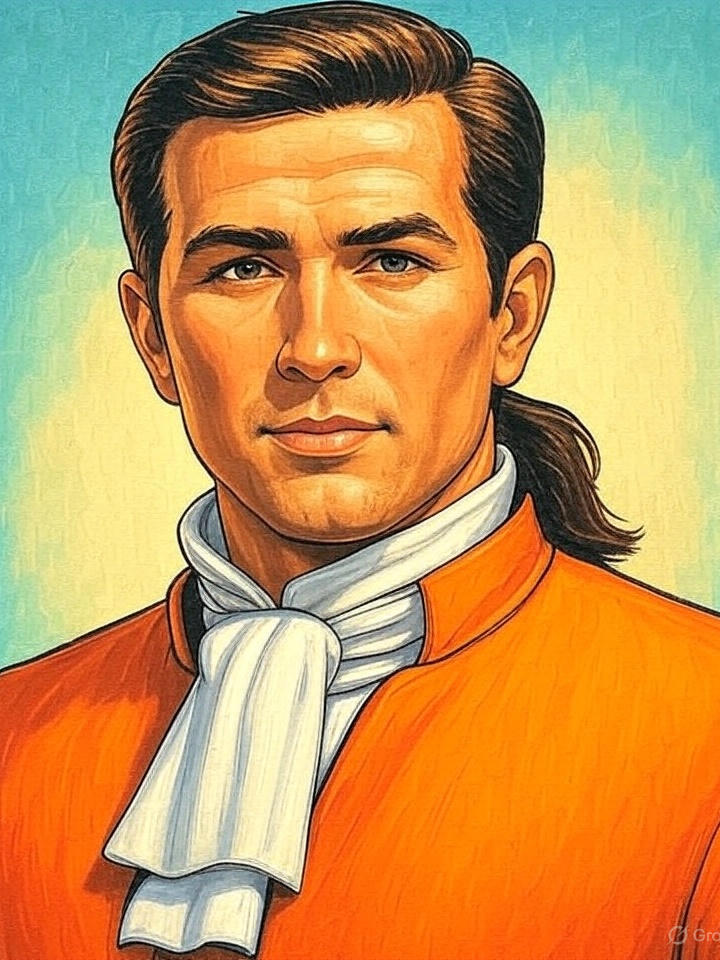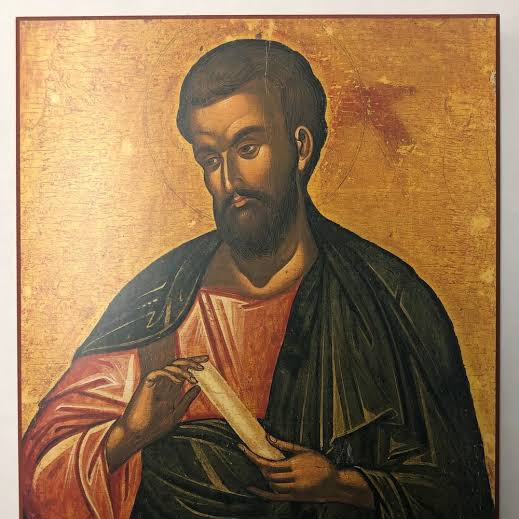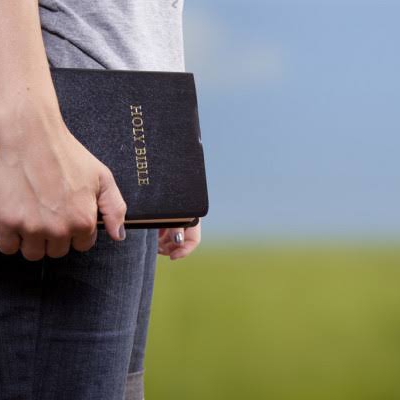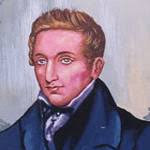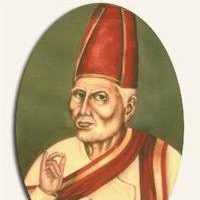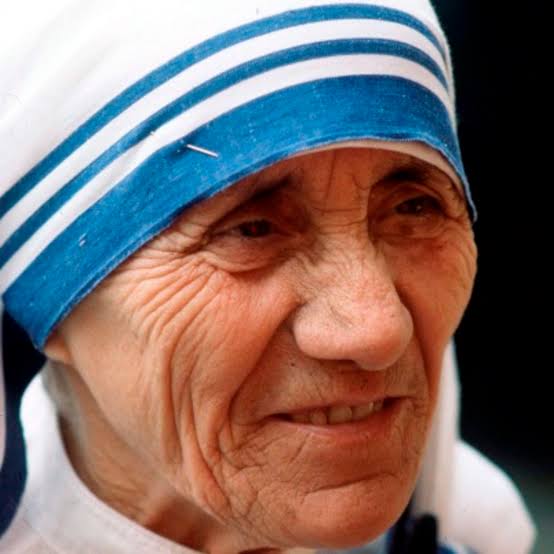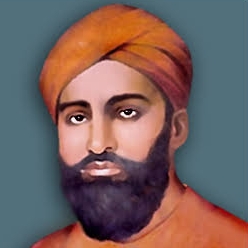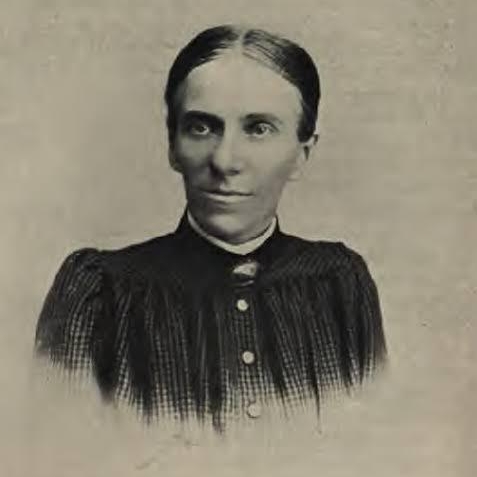Mother Teresa
Mother Teresa∆ Birth : 26.08.1910∆ Death :05.09.1997∆ City : Skopje∆ Country : Yugoslavia∆ Place of Vision: IndiaA woman bitten by rats and ants was lying on a sidewalk. She was so weak that she could not even cry. There came an angel who took her up on her shoulders and carried her to a hospital. They were not permitted to enter the hospital. However, upon the strong insistence and obstinacy of the angel, the woman was admitted and treated at the hospital.Also known as 'The Angel of Mercy, Mother Teresa became the mother of many such abandoned women. She did not choose to help or serving others as her primary duty, but it was her way of life. She fed many thousands of the poor, gave them shelter, and helped them to accept the Lord. At the age of 18, she received a call for God's service, to which she obeyed and devoted herself to monastic life. Soon, she was sent to Darjeeling in India and then to Calcutta, where she started her service as a teacher. She learned to speak Bengali and Hindi and dedicated herself to alleviate poverty through education.Later, Mother Teresa founded the charity organization, 'Missionaries of Charity, which cares for the hunger and homeless. The place welcomes all the people who felt unwanted, unloved, uncared and shunned by society. In the beginning, she had no funds and depended on divine providence. Soon she was joined by voluntary workers, and financial support was also forthcoming. Today the organization is spread throughout the world, with thousands of members actively helping the poorest of the poor. Her life is perfectly reflected in her own words when she said, "Not all of us can do great things. But we can do small things with great love."Beloved, what is your role in the expansion of Christ's kingdom on this earth?"Dear Lord, give me a heart that is as loving as that of Mother Teresa, Amen!"
